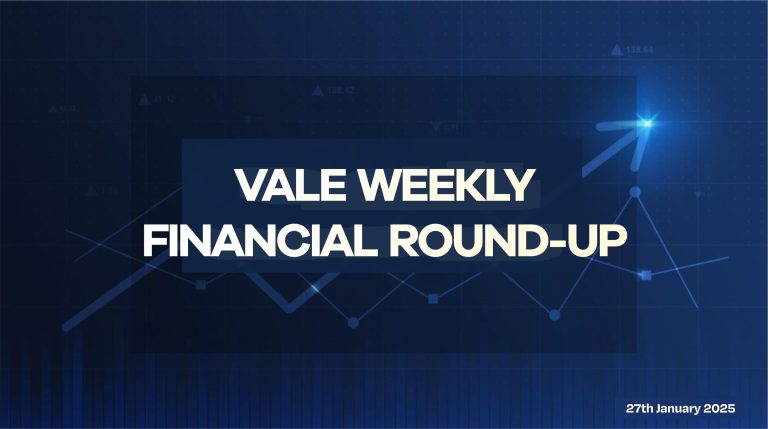Doing business in Nigeria is no easy task. As an entrepreneur, you might expect to deal with common expenses like rent, salaries, and utilities, but you may not realize the hidden costs lurking in the background. From unpredictable power supply to extra regulatory fees, these unexpected costs can eat into your profits and make it harder to stay afloat. The reality is harsh, but with the right tools, you can manage them. Let’s discuss a couple of hurdles your business will likely face and ways to navigate them.
1. Inconsistent Power Supply
It’s no secret that Nigeria’s power supply is unreliable. You might rely on generators to keep your operations going, but the cost of fuel and maintenance can quickly add up. Some businesses spend nearly half their monthly budget just to keep the lights on, which can drain your resources, especially if you’re running a smaller business trying to grow.
To navigate this challenge, you’ll need to be strategic. Solar power, for example, might seem like a hefty investment at first, but over time, it could cut down your dependence on expensive fuel. By setting aside a specific budget for power-related costs, you can better manage your expenses without feeling blindsided each month.
2. Regulatory Fees
As a business owner in Nigeria, you’ll face a maze of regulatory hurdles, leading to extra costs that you likely didn’t plan for. Unexpected levies, taxes, and licenses pop up, and you may find yourself spending a lot of time—and money—navigating the system. The fees for compliance with various government agencies can easily sneak up on you and eat away at your profits.
Keeping track of changes in regulations and taxes is key. Working with experienced accountants or legal advisers can help ensure you’re not hit with penalties for non-compliance or paying more than you should. By staying organized and up to date, you’ll minimize surprises.
3. Logistics and Supply Chain Problems
Getting your products from one place to another in Nigeria can be expensive and frustrating. The road network isn’t always reliable, leading to delays, damaged goods, or extra costs for alternative transport. Poor infrastructure often means higher logistics expenses, cutting into your profits and making it harder to deliver on time.
Working with third-party logistics providers who know how to navigate these challenges can make a huge difference. They’re better equipped to handle delays and find quicker routes. By leveraging technology to track your supply chain more efficiently, you can reduce the chances of costly mistakes.
4. Inflation and Currency Volatility
The rising cost of goods and services, along with the unstable value of the naira, puts constant pressure on your business. Raw materials can skyrocket in price overnight, and you might have to choose between raising your prices (which risks losing customers) or absorbing the extra costs (which eats into your profits).
To combat this, consider locking in long-term contracts with suppliers to avoid sudden price increases. Diversifying your suppliers also helps so you’re not overly dependent on any one source. Additionally, holding foreign currency for international transactions can protect your business from naira fluctuations.
5. Access to Business Capital (Loans)
High interest and finding access to affordable capital are some of the hardest challenges you’ll face as a Nigerian business owner. High interest rates and strict loan conditions can make borrowing a nightmare, stifling opportunities for growth.
At Vale, we recognize these struggles. That’s why we’ve designed Flex Business, our business banking web app, to offer you an easier and more flexible way to secure funds. Flex Business also allows you to earn daily interest on your account balance, so even when your money is sitting, it’s growing. Whether you need capital for expansion or just want to maximize your funds, Flex Business is here to help.
While the hidden costs of doing business in Nigeria can be tough to handle, being aware of them and taking proactive steps can make all the difference. By using smart financial tools like Flex Business, staying on top of regulatory changes, and finding creative solutions to everyday challenges, you can stay ahead of the curve and grow your business despite the difficulties.
Want to learn more about how Flex Business can help your business thrive? Visit https://business.vale.ng and get started today.


